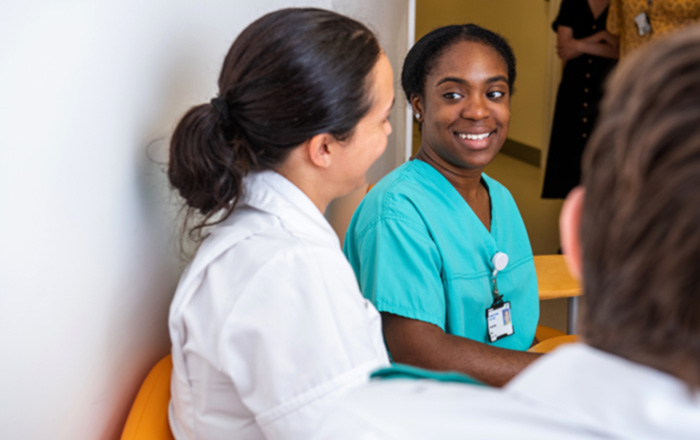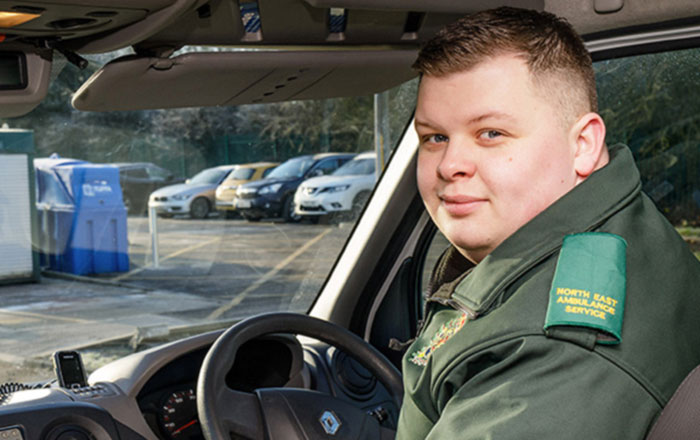Myths about finding work experience
No you don’t, you’ll be covered by the trust’s insurance. The trust will organise this when you sign your honorary contract.
The needs, wishes and confidentiality of patients always come first, and patients will always be asked if they are happy to have a work experience student present. Most patients are happy to help a student. There are also clinical areas which are inappropriate for younger students. However, there are many things that you can do and see on a work experience placement, and many vital skills that you can learn.
It is very rare for a student under 18 to need a DBS check, because you will be supervised at all times. However, before your work experience starts your supervisor will carry out a risk assessment.
Many trusts have a particular department or person who organises work experience, so try the volunteering, human resources or learning and development departments first. You could also directly contact the department in which you are interested in doing your work experience and they will help or pass you on to the right person.
Although family and friends in the NHS can help (as in any workplace), all work experience placements go through a standard procedure. Applicants with no contacts in the NHS should have as much chance as anyone else.


